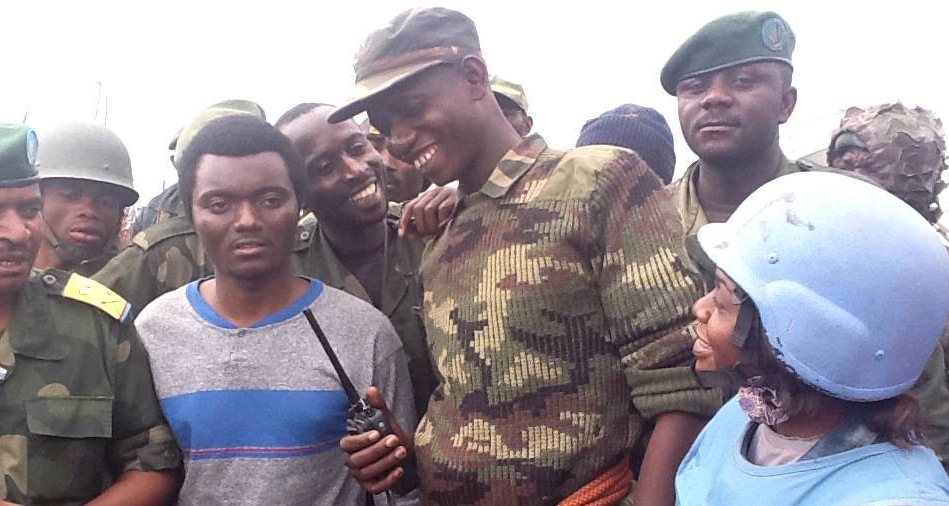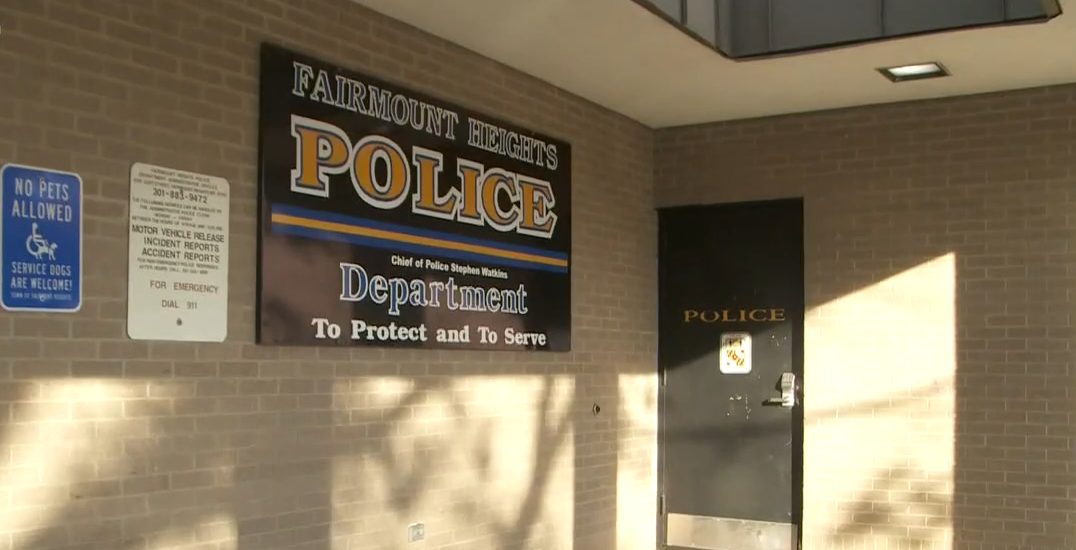The Congolese army has retaken the towns of Rutshuru, Kiwanja, Kibumba, Bihumbo, and Rumangabo, from Rwanda’s M23 militia, since fighting broke out again last week in the Democratic Republic of the Congo’s North Kivu Province. Martin Kobler, the UN Secretary-General’s Special Representative in the DRC, told the press that M23 is “all but finished as a military threat,” but like US Envoy Russ Feingold, he said that now all the parties should go back to Kampala to negotiate. Feingold also warned that “other parties” could get involved, engulfing the region in cross border war. Though he didn’t say so, he obviously meant that Rwandan President Paul Kagame might send the Rwandan Defense Force openly across the border, and that more of the nine nations bordering Congo might then do the same, as they did between 1996 – 2003, in the First and Second Congo Wars, aka the African World War. There are so many resource riches in such abundance in Congo – oil and minerals, timber, water, cropland, fish – that it’s never possible to describe it as one conflict. It’s always many, involving many actors, and including many foreign nations, troops, and corporations.
The Congolese army’s victories this week have taken place in and near Virunga National Park, a World Heritage Site on Congo’s border with Rwanda and Uganda. Virunga is also the site of a global battle between environmentalists and a UK-based oil and gas company, SOCO International, which has managed to purchase the oil exploitation rights in the area from the Congolese government, despite Congolese law against selling it. In 2010, Congolese President Joseph Kabila, by presidential decree, granted SOCO International the oil and gas concession in Block Five in Virunga, which includes a part of Lake Edward.
More than half a million people worldwide have signed a petition asking that neither SOCO International nor any other corporation explore or drill for oil in Virunga, but SOCO has declared its intention to proceed nevertheless. Some analysts have suggested that the largest oil reserves on the African continent may lie beneath the park, which is home to rhinoceri, elephants, endangered Mountain Gorillas, and the endangered Okapi unique to this part of the world.
Congolese people also live in and near the park and they fear that the oil exploitation will destroy the farming and fishing by which they sustain themselves. Here are what several of them said in “Fear of OIl,” a short film produced by the International Union for the Conservation of Nature (IUCN)/National Committee of the Netherlands:
Congolese man: I do not know of any benefit we can expect from oil exploitation. Let’s say that oil is discovered here. Crops from fields farmed by people living around here will never grow. It will be the end of the poorest people.
Congolese woman: I depend on farming. I am a widow. I have six children. If oil is exploited, won’t this activity have an impact on our fields? Those are the questions we are asking ourselves, but we are neither agronomists nor researchers. And if it has an impact on our fields, then they will have killed us, the people, because most of the people live off the field. If we are suffering, it is because of the oil. And we know very well that the people at the origin of our suffering are in America and the UK. They are the ones who are benefitting from the North Kivu oil.
Congolese woman: Talking about my life, I live with all of my twelve children. I have never married. I live as a prostitute. However, all my twelve children are schooled and they each earned their diploma. We live wholly from the lake [Lake Edward] – fishing – and agriculture. But if I had lived elsewhere with no lake, no agriculture, I would not have managed to raise them.
My fear is about oil because I think that its exploitation will affect the fish. And fish are our life here. So the thing that we benefit from here in this small area are those fish. Because cassava production has fared badly. There are insects destroying cassava in such a way that when you remove the plant, no tuber comes out of it. Bananas are now developing a disease which means we can’t expect crops from them anymore. On top of all that, if you have oil exploitation, the fish will die. And people will fall sick. That is what I fear.
Congolese man: We fear a lot that once this oil exploitation starts, they will forbid us from fishing. There will be water pollution. People will leave. Agriculture will fail. So we fear for our livelihoods, our survival.
Congolese man: Oil exploitation was done in Moanda. There was a serious aftermath. Men abandoned their homes, because of the crisis which came with this exploitation. There was dryness of grass. The trees, crops and plants were also victims of this exploitation. Of course the fish as well. So the Moanda population continue to live under panic because of this oil exploitation. We are the inhabitants of this place. We were born here. So we do not know where we will go when they start this exploitation.
Many are reported to have fled the fighting between the Congolese Army and Rwanda’s M23, and the website of Virunga National Park now says, in bold red letters, “TOURISM IN VIRUNGA IS SUSPENDED DUE TO INSTABILITY IN THE REGION.” There are no reports that this week’s fighting has to do with SOCO International or the struggle over Virunga’s oil, but where there’s oil and mineral wealth on the African continent, and especially in the hugely rich Democratic Republic of the Congo, African people are often at war with one another, while foreign corporations extract enormous wealth amidst chronic instability. Oil and mining researchers from both the Benchmarks Foundation and Southern Africa Resource Watch, and multiple UN Group of Experts reports, have pointed to foreign arms, financing, and resource interests behind the fighting.
It’s heartening to see pictures of Congolese people rushing into the streets to welcome their victorious troops and the hugely popular North Kivu Operations Commander, Colonel Mamadou Moustapha Ndala. And it’s heartening to read that Kuba Honoré, a traditional chief in the Goma area, said his people were so convinced that M23 has been driven out that they have begun returning from displaced-persons camps and even planting beans and sweet potatoes again. But, it would be so much more so to see the Congolese people somehow liberate themselves from SOCO International and other foreign predators now preparing to drill in Virunga, destroy the natural world that sustains life there, and make off with the vast resource wealth of the cash poorest people on earth.
To see two short films about oil exploitation in Virunga, made by IUNC/Committee of the Netherlands, click these hyperlinks: The Promise of Oil, and The Fear of Oil.








